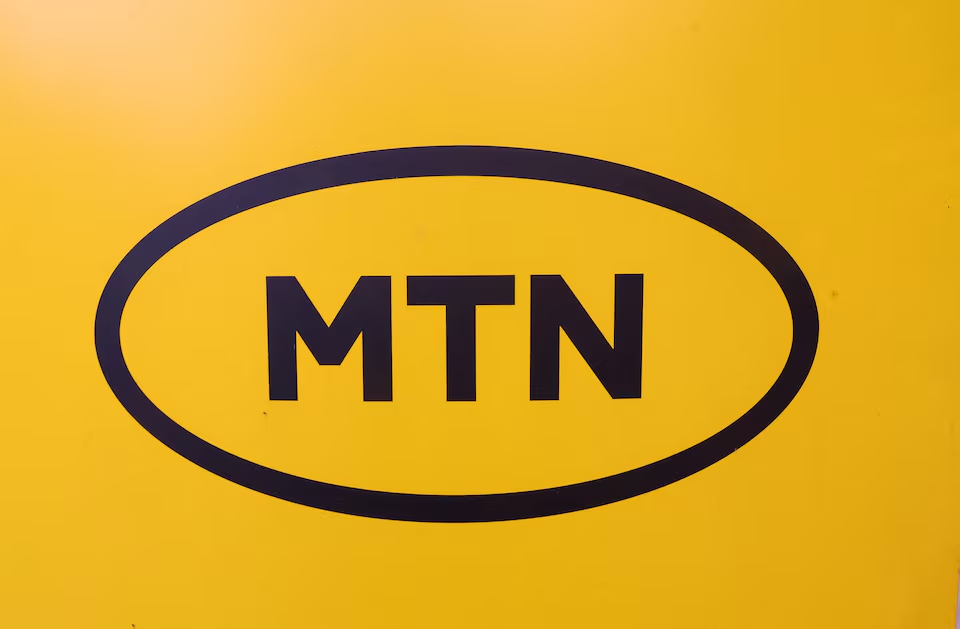Global plastic production now exceeds 400 million tonnes annually, with over half designed for single use. As World Environment Day 2025 emphasizes the urgent need to beat plastic pollution, industries across the board are being called to act—including telecommunications.
In 2020 alone, approximately 4.5 billion plastic SIM cards were produced globally. These cards are rarely recycled, often ending up in landfills or incinerated, contributing to environmental degradation. Though small, their impact is significant—and avoidable.
In response, MTN introduced bioSIMs in 2024—SIM cards made entirely from biodegradable, FSC-certified paper. These eco-friendly alternatives perform like traditional plastic SIMs but break down naturally, leaving no microplastics or toxic residue. The rollout began in Rwanda and is expanding across other markets.
This shift is part of MTN’s broader environmental strategy, reflecting a science-based approach to reduce waste and embed sustainability in its operations. The company is also accelerating the adoption of eSIM technology, eliminating the need for physical cards altogether.
Africa plays a crucial role in this conversation. While contributing just 3–4% of global emissions, the continent faces severe climate impacts and mounting plastic waste. By 2060, sub-Saharan Africa’s plastic waste is projected to reach 116 million tonnes annually—a sixfold increase from 2019. Rapid urbanisation and limited waste management infrastructure heighten vulnerability.
Every tonne of plastic avoided reduces long-term risk for people and ecosystems. MTN’s initiatives demonstrate how thoughtful design changes—such as switching to bioSIMs—can significantly reduce environmental footprints at scale. The average SIM card weighs only four grams, but across millions of users, the environmental toll grows quickly.
As the UNEP emphasizes, the tools to address plastic pollution already exist—what’s needed is wide-scale implementation. MTN’s commitment highlights the role of telecoms in driving practical, sustainable innovation and shifting consumer norms.
On this World Environment Day, the company reinforces its pledge to connect communities while contributing to a cleaner, more resilient planet.
Source: TechAfrica News





